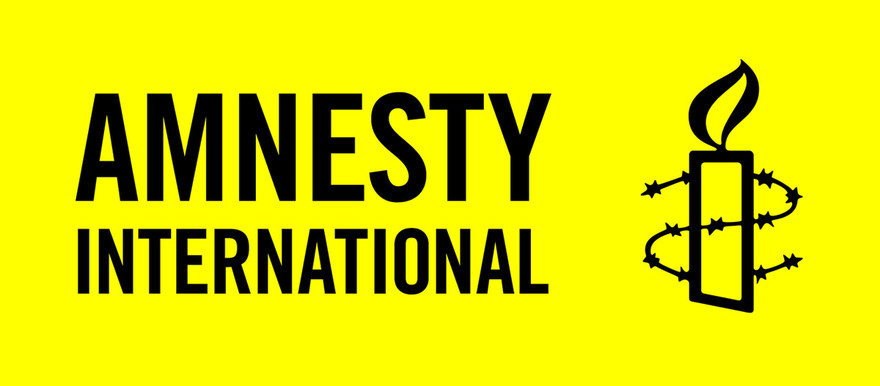Amnesty International, a prominent international human rights watchdog, has said lifting the UN arms embargo on South Sudan could have dire consequences for human rights.
The statement released on Monday comes ahead of a UN Security Council (UNSC) vote on 27 May to decide the future of the embargo.
According to Amnesty International, the UNSC Security Council must ensure a range of human rights benchmarks are met before the embargo can be lifted. These include an end to crimes under international law, reform of the National Security Service (NSS), and the establishment of a Hybrid Court to ensure accountability.
“South Sudan’s hard-won independence 10 years ago has sadly not resulted in respect for human rights. State security forces repress freedom of expression including media freedoms and both state security forces and armed groups continue to violate international humanitarian law, in some cases amounting to war crimes, with impunity,” said Sarah Jackson, Amnesty International’s Deputy Regional Director for East Africa, the Horn and the Great Lakes. “When the Security Council assesses keeping or lifting the arms embargo on South Sudan, it must, at a minimum, set the bar at halting these violations and ending impunity.”
Amnesty International further accused the South Sudanese government of failing to protect civilians from being killed, displaced, and raped by armed groups and militias.
The statement says, "South Sudan’s security situation remains volatile and implementation of the peace agreement has been delayed. Allowing more weapons into the mix by lifting the arms embargo would be a poor decision, especially knowing that the embargo was violated as recently as last year."
Amnesty International also called on the UNSC to pressure the government of South Sudan to stop allowing the NSS to operate outside its constitutional intelligence-gathering mandate and with impunity, by holding suspects of human rights violations to account and by ensuring the NSS is included in a rigorous security sector reform process.
“Sudan’s National Security Service grossly oversteps its mandate by intimidating, arbitrarily detaining and, in some cases, disappearing and killing government critics and opponents. The Security Council should not ease sanctions until key reforms are implemented,” said Sarah Jackson.
The rights group further urged the UNSC to include the establishment of an impartial, independent and effective Hybrid Court and other “transitional justice” mechanisms as an additional benchmark to ensure that the perpetrators of such crimes will be brought to justice.




